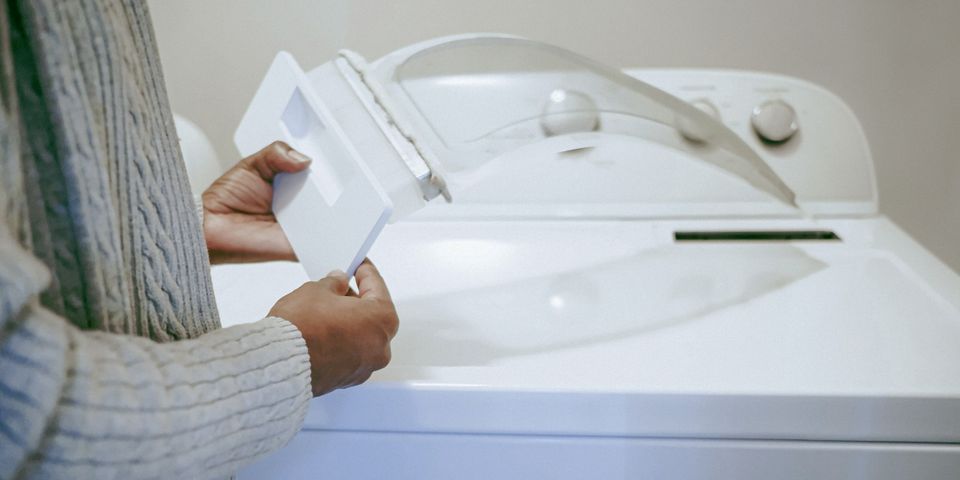Why You Need to Clean Your Dryer’s Lint Filter

As clothing and linens move around in your dryer, some of the fibers can break away and form lint. Luckily, dryers have a handy feature called a lint filter that collects these small particles, so you can easily remove them after each cycle. Remembering this task can keep your home safe and energy efficient, and may even reduce the need for emergency appliance repair or premature replacement. Here’s an in-depth look at the importance of cleaning your dryer’s lint filter.
3 Reasons to Clean Your Dryer’s Lint Filter After Each Cycle
1. Maintain Energy Efficiency
When the lint filter is clogged, there isn’t as much room for air to flow into the appliance to dry your clothes. This forces the dryer to work harder and often means adding extra cycles. Cleaning the filter allows you to save this time and only run your dryer when necessary, saving you money on energy bills and reducing your carbon footprint.
2. Prolong Your Dryer’s Lifespan
Those extra drying cycles can also cause strain on your dryer’s components. Dryers often last for about ten years, but this can vary widely based on how often each machine is used. Those that run lots of extra cycles due to a clogged filter are likely to experience extra wear and tear.
3. Improve Safety
Lint is a flammable material, and dryers can produce lots of heat. Cleaning the filter after each use reduces the amount of lint that is kept near your dryer, thus reducing your home’s fire risk. Even with regular cleaning, small amounts of lint can collect in your dryer vent as well as the filter, so have that cleaned professionally about once a year as well.
If you need appliance repair or dryer vent cleaning to keep your machine working properly, contact Niceley’s Appliance Repair. Based in Erlanger, KY, the company stocks a huge array of appliance parts for everything from dryers to HVAC equipment, and they can even order hard-to-find parts if needed. They also provide professional appliance repair and dryer vent cleaning services to homes throughout Cincinnati and Northern Kentucky. Visit the website for a full list of services, or call (859) 342-9900 to request service.
About the Business
Have a question? Ask the experts!
Send your question

